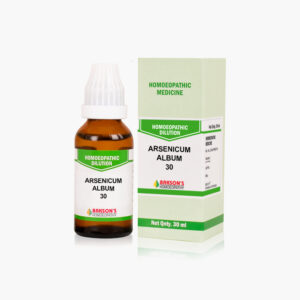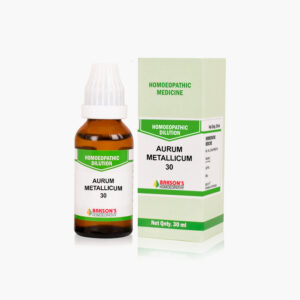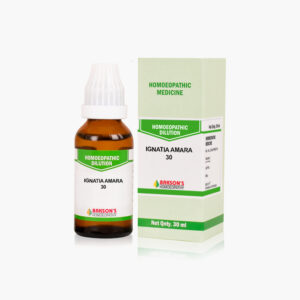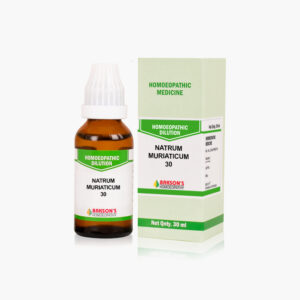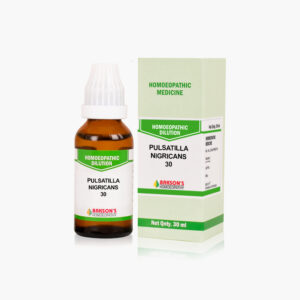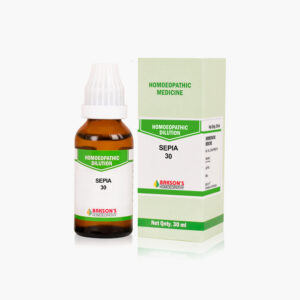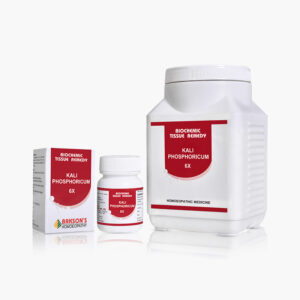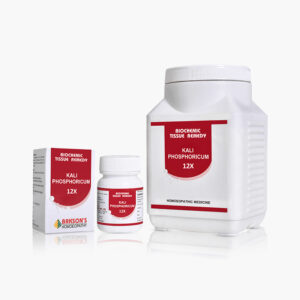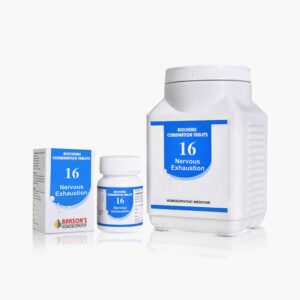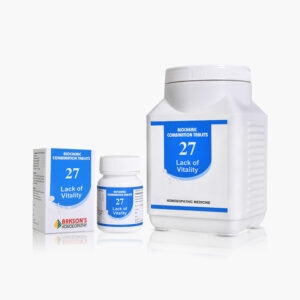What is Depression?
Depression is a mood disorder that causes a persistent feeling of sadness and loss of interest. The American Psychiatric Associationעs Diagnostic Statistical Manual of Mental Disorders, Fifth Edition (DSM-5) classifies the depressive disorders into:
- Disruptive mood dysregulation disorder
- Major depressive disorder
- Persistent depressive disorder (dysthymia)
- Premenstrual dysphoric disorder
- Depressive disorder due to another medical condition
Causes
The etiology of major depressive disorder is multifactorial with both genetic and environmental factors playing a role. Depression results from a complex interaction of social, psychological and biological factors. Neurodegenerative diseases (especially Alzheimer disease and Parkinson disease), stroke, multiple sclerosis, seizure disorders, macular degeneration, and chronic pain have been known to predispose to depression. Traumatic events such as the death or loss of a loved one, lack or reduced social support, caregiver burden, financial problems, interpersonal difficulties, and conflicts are stressors that act as triggers for depression.
Signs and Symptoms
The common features of all the depressive disorders include sadness, emptiness, or irritable mood, accompanied by somatic and cognitive changes that significantly affect the individualעs capacity to function.
The 9 symptoms enlisted in the DSM-5 are mentioned below. Five must be present to make the diagnosis (one of the symptoms should be depressed mood or loss of interest or pleasure):
- Sleep disturbance
- Interest/pleasure reduction
- Guilt feelings or thoughts of worthlessness
- Energy changes/fatigue
- Concentration/attention impairment
- Appetite/weight changes
- Psychomotor disturbances
- Suicidal thoughts
- Depressed mood
Recurrent depressive disorder involves repeated depressive episodes characterized by depressed mood, loss of interest and enjoyment, and reduced energy leading to diminished activity for at least two weeks. There may be associated anxiety symptoms, disturbed sleep and appetite, and feelings of guilt or low self-worth, and poor concentration.
Bipolar affective disorder: consists of both manic and depressive episodes separated by periods of normal mood. Manic episodes involve elevated or irritable mood, over-activity, pressure of speech, inflated self-esteem and a decreased need for sleep.
Diagnosis
The diagnosis of depression is mainly based on clinical findings, but certain laboratory studies help to exclude medical illnesses that may present as major depressive disorder. These include various blood tests like CBC, TSH, ACTH among others and rarely, CT or MRI.
Management
- Cognitive Behavior Therapy and Interpersonal Therapy have been found to be effective in the treatment of depression.
- Education of the family and patient plays an important role in the successful treatment of major depressive disorder.
- Family members can help ensure medication compliance, be a big source of social support and can encourage patients to change behaviors that perpetuate depression (e.g., inactivity).
Warning: Above information provided is an overview of the disease, we strongly recommend a doctor’s consultation to prevent further advancement of disease and/or development of complications.
Disclaimer: The information provided herein on request, is not to be taken as a replacement for medical advice or diagnosis or treatment of any medical condition. DO NOT SELF MEDICATE. PLEASE CONSULT YOUR PHYSICIAN FOR PROPER DIAGNOSIS AND PRESCRIPTION.



 Login
Login

